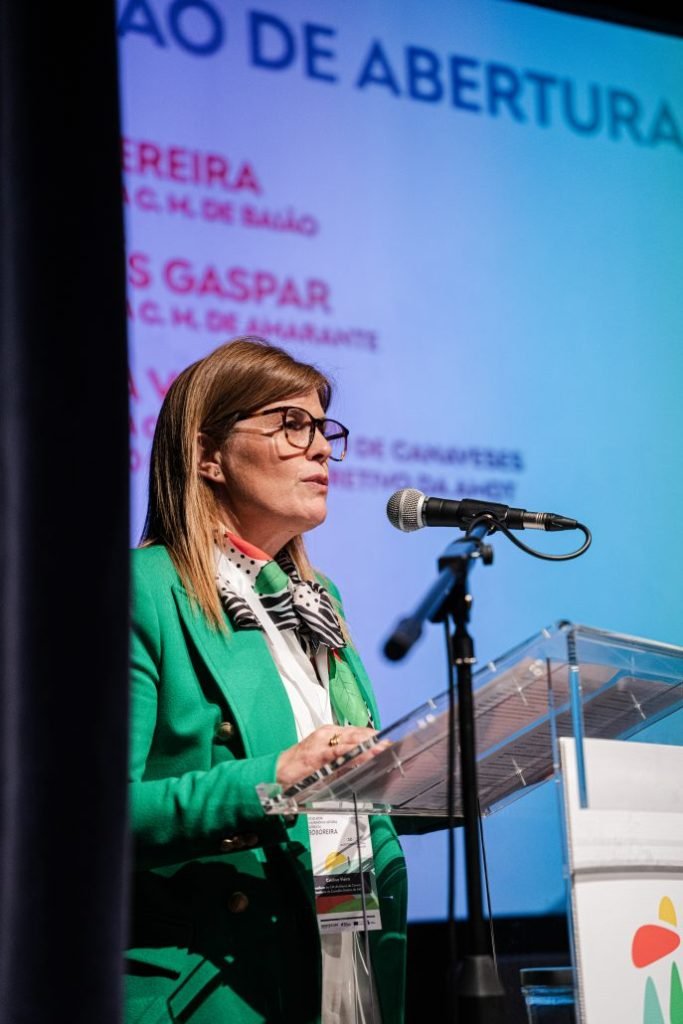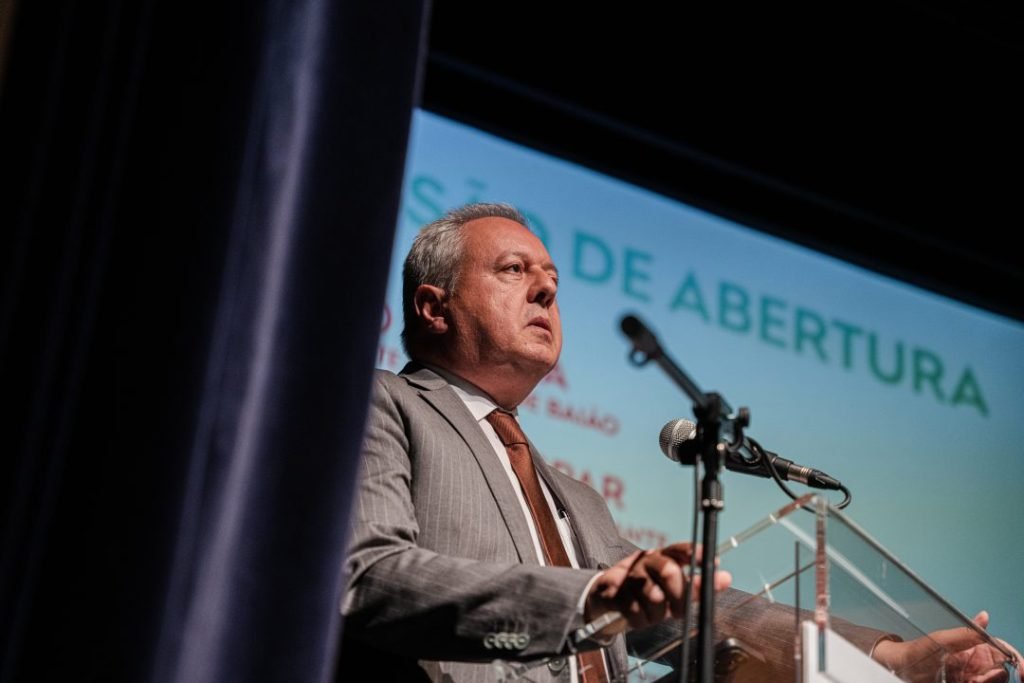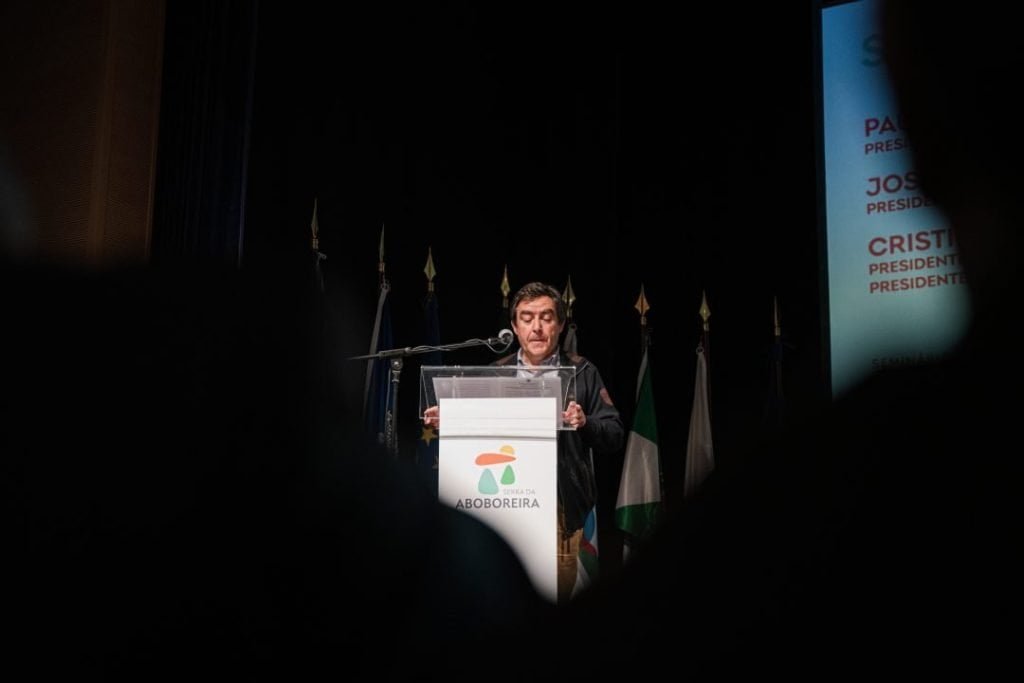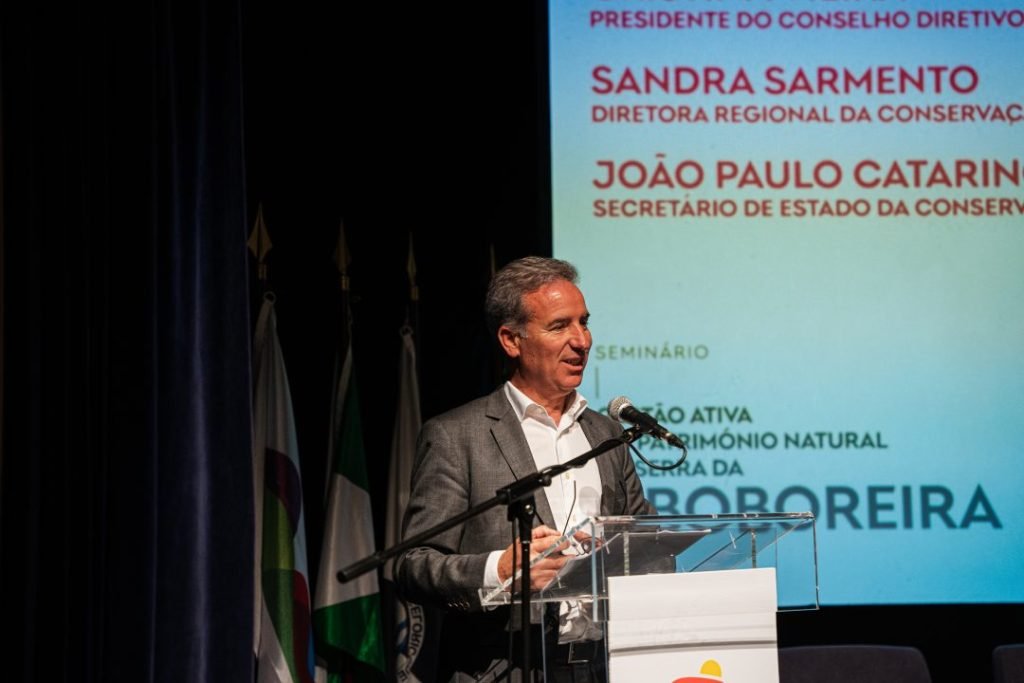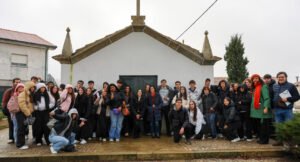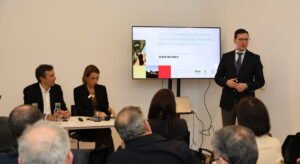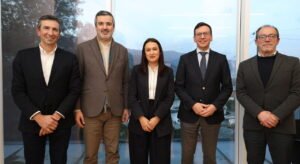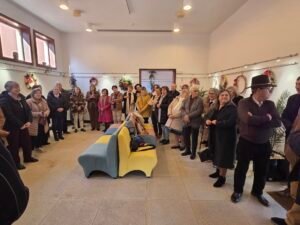After a long path traveled by various entities for almost 35 years, Serra da Aboboreira was officially recognized and approved as a Regional Protected Landscape, during the Intermunicipal Assembly of the Association of Municipalities of Douro and Tâmega, in Baião.
In order to celebrate the implementation and conclusion of the project, the municipality of Baião also received, during the afternoon, the global seminar “Active Management of the Natural Heritage of Serra da Aboboreira”, promoted by the Association of Municipalities of Douro and Tâmega (AMDT), this session dedicated to the debate of the results obtained so far, as well as the future of Serra da Aboboreira as the most recent Regional Protected Landscape.
The seminar, which took place in the Municipal Auditorium, was initiated by representatives of the municipalities covered by the Serra da Aboboreira, with interventions by the President of the Directive Council of the Association of Municipalities of Douro and Tâmega and Mayor of Marco de Canaveses, Cristina Vieira, by the Mayor of Amarante, José Luís Gaspar, and by the Mayor of Baião, Paulo Pereira, with the presence of several relevant entities.
During his speech, Paulo Pereira reinforced the need for joint cooperation in this new phase. “It is up to us, political representatives and the rest of the community involved, to work with a common objective that involves protecting this territory with so much value”. In his speech, José Luís Gaspar complemented the idea, stating that “We reached a compromise and I know that the population, that all entities, all municipalities and all parish councils are willing to ensure that the region has a promising future ”.
Ricardo Magalhães, Secretary General of AMDT, proceeded to the “Presentation of results – Step by step”, followed by the screening of the documentary “Aboboreira: A Serra Viva”.
In the second part, the panel “Serra da Aboboreira: the future of the new Regional Protected Landscape” was presented, with the intervention of João Honrado, professor and researcher at the University of Porto and CIBIO/BIOPOLIS, who developed the theme “The challenges of new Regional Protected Landscape”, which was joined by Jorge Dias, ICNF technician, and Ricardo Bento, Pro-Rector for Planning, Territory and Heritage at UTAD, for a round table, moderated by Joaquim Alonso, professor and researcher at Polytechnic Institute of Viana do Castelo and CIBIO/BIOPOLIS.
Finally, the closing session featured speeches by the Secretary of State for Conservation of Nature and Forests, João Paulo Catarino, the Regional Director for Conservation of Nature and Forests in the North, Sandra Sarmento, and the President of the Board of Directors of AMDT, Cristina Vieira, who mentioned the challenges ahead. “March 30, 2023 will go down in the history of the Douro and Tâmega region with special emphasis on the three surrounding municipalities of Serra da Aboboreira. Starting today, it is essential to work in coordination between all of us, political decision-makers, companies, non-governmental organizations and the community in general, to guarantee the implementation of policies and actions that promote the balance between environmental preservation and local socio-economic development”.
Finally, the Secretary of State, João Paulo Catarino, also addressed a few words to those present. “We know and greatly appreciate the importance that local and regional initiatives have in the field of nature conservation. For the government, mayors are, above all, great promoters and will have to be, in the future, great promoters of these protected areas, as here are three extraordinary examples. This is the work of the future, it is through differentiation that we manage to qualify our territories and that we can promote them, in national and international terms, and the fact that they have this differentiating asset here in environmental terms can and will, for sure, enhance the your territories, but we have to find a way for those who live in them to feel that appreciation and to feel it in all its dimensions”.
This initiative is funded by Portugal 2020, within the scope of the Northern Regional Operational Program and supported by the European Union
